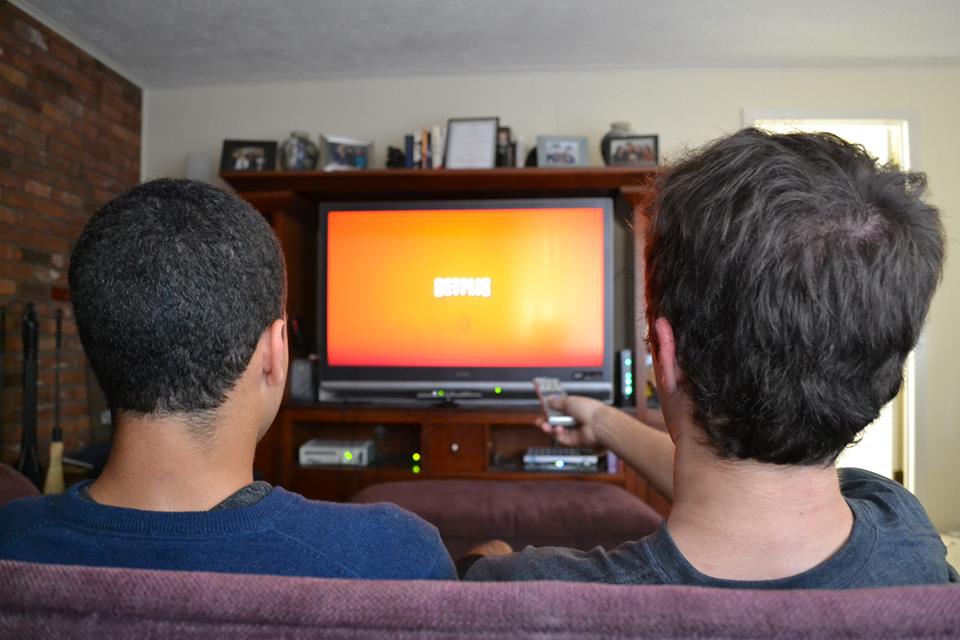Television can do so much for a person. TV is when we let our emotions get wrapped up in someone else’s. Shows make us laugh, and they make us cry.
And then we cry more because we are shedding tears watching “Battlestar Galactica” and we realize we are alone.
We can’t be alone like this. We need people in our lives. And so, we must capture them,
and get them to care about people who don’t exist.
Easier said than done.
Trying to get a friend hooked on a show is like being a mental patient; you’re trying to convince everyone you’re not crazy for feeling the way you do. But there are ways of convincing others to tune in to their TV kajiggers at a certain time.
First off, no matter the show, the first step towards getting someone hooked is simple: never shut up about it. Just don’t stop. You need to laser-etch the show into your friend’s brain, and the only way to do that is to never relent.
Examples you ask? Case in point: “Breaking Bad.”
Yes, you may have heard of it from every single one of your friends who has Netflix. “Breaking Bad,” while on the air, was one of TV’s biggest success stories. According to “TV by the Numbers,” on average, 852,000 viewers watched each season premiere. But it didn’t get that way because it had commercials playing on every TV channel. It got that way because your aunt Denise, who has eight cats and six cases of Top Ramen, wouldn’t stop calling your mom about it, and then your mom called all of her friends, too.
We can learn from the wise ways of Denise.
But, whether or not your show has a cult following like “Breaking Bad,” playing the missionary role to your show is crucial. It must dominate your entire conversation. There is no room for asking questions like, “How was your day?” or “Why is your Facebook profile picture an ultrasound?”
Forget empathy. That’s not your mission. Your mission is getting someone next to you on a couch in a dark room.
When you’re talking about your show, don’t give them too much information. When you’re promoting your show, be vague: “Oh the characters are amazing!” or “The plot is fantastic.” You don’t want to give a full summary, just a few fragments of praise sprinkled in.
Even when they ask for specifics about the show, like what the show’s about, your descriptions should be limited to “It’s about a guy who does a thing.”
This will not only make your friend extremely curious but also infuriated. He may possibly want to harm you. It’s all standard stuff. This curiosity and anger is the perfect cocktail for creating a desire to click a few buttons and roll the video on the television, computer, pager, or whatever it is kids use these days.
Assuming you follow the steps correctly, your friend will hop on Netflix and watch an episode just so they can tell you how bad it is. Just imagine the scene: loading up the computer, scrolling for that godforsaken show with a countenance of both anger and weariness.
It seems ghastly to think about now.
But, one hour later, mission accomplished.















































